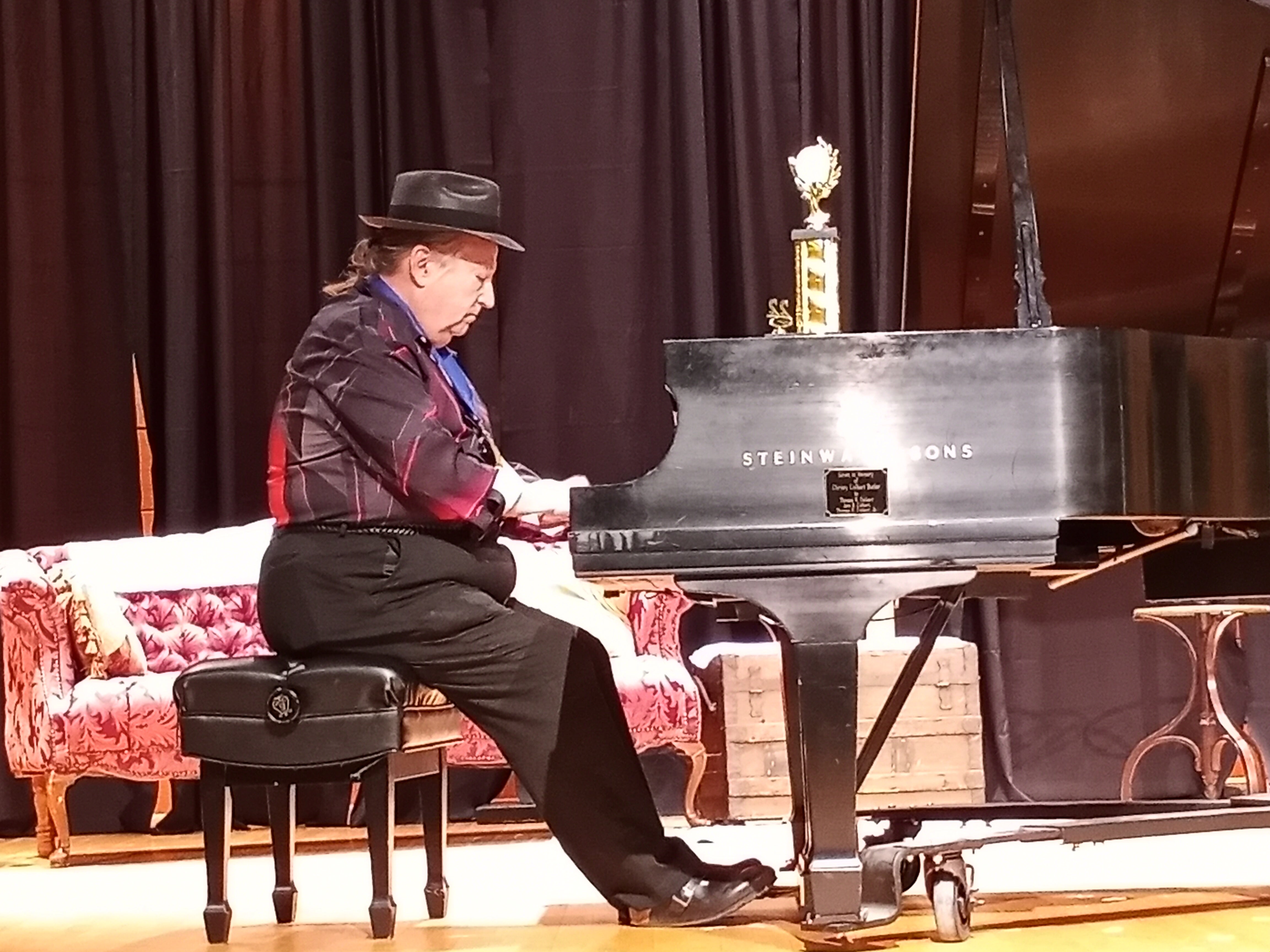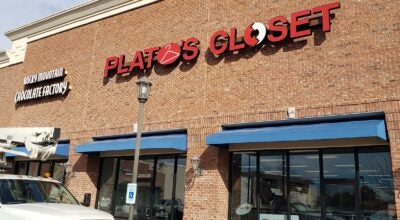Discussion continues on former Downtown District ordinance
Published 10:30 am Wednesday, July 18, 2018
The much-discussed ordinance formerly known as the Downtown District was once again not brought up for a vote during Tuesday night’s meeting of the Oxford Board of Aldermen.
During her address and powerpoint presentation illustrating the reasoning behind the creation of the ordinance (which dates back to 2003) Mayor Robyn Tannehill stressed that the ordinance is not a response to “any one incident.”
After more than 10 hours of one-on-one meetings on Tuesday alone, she said, the ordinance was much better than it was in its original form. The most significant change, based on feedback, was the expansion of the ordinance to include all businesses within city limits holding a state-issued liquor license, not just those within a two-block quadrant of the Square.
“These proposed changes, they’re not a response to one incident that could’ve happened anywhere in this town,” Tannehill said. “It simply made us aware that we’re not immune to these kinds of problems, and with the increasing university population and community population, these issues become more prevalent.”
Issues of race and diversity were hot topics during the public hearing, with many of the residents who voiced their concerns focusing solely on the impact the ordinance would have on the Lyric theatre. Although the Lyric’s name was removed from language in the “event venues” section of the ordinance, as well as any language indicating the Oxford Police Department would have the right to deny the ordinance, Oxford resident Ruby Kelley said that wasn’t enough.
“I really appreciate all the work you have done and the things you have gone over because of the growth of our city… But because of the fact that I can see some lack of consideration for certain populations of our community, this ordinance could lead to a form of discrimination,” Kelley said. “I can see that this ordinance could lead to a discriminatory practice that could limit the growth of minority business in our city.”
Kelley went on to say that, although the current board of aldermen may not have intentions to discriminate, special care should still be taken to prevent the creation of an avenue for future elected officials to do so.
Specifically, the language in the ordinance Kelley referred to concerned the regulations event venues would still have to follow, even though no event can be outright rejected.
According to Section 14-103 of the ordinance, event venues like the Lyric would have to provide “notice” to OPD at least five days prior to an event, notifying the department of factors including the number of people expected to attend, potential for street crowding, adequacy of the venue’s egress and ingress plans, number of security guards and “any other specific, known threat.”
Upon receiving notice, OPD would be allowed to impose “conditions” for each event, such as additional security presence, tailored emergency plans or “other requirements which, in the judgment of the Oxford Police Chief or his or her designee, are necessary in light of specific, articulable safety concerns.”
Kelley, as well as Rust College Vice President Don Manning-Miller, who was in attendance, said they felt those parameters could give law enforcement a chance to discriminate by requiring some events to meet more conditions than others.
Oxford resident Lee Habeeb also stepped up to the podium to express his thoughts. Habeeb was one of the only citizens who said he agreed with both the city’s and the Lyric’s concerns.
In his statement, Habeeb described his own experiences in what he described as concert promotions, and said he understood the reasoning behind law enforcement needing to know if a high volume of people would be there.
However, he also pointed out what he said could be misconstrued as profiling.
“Drop the race – if there was a white man and there was a gun shot, we would’ve started to talk. I’m a dark-skinned person who’s here to tell you, not everything is about race,” Habeeb said. “I think one of the reasons the Lyric could have a legitimate worry about profiling is because of the name of the band. If you’re asking for the name of the band, then you’re asking for an ethnic profile of the followers.”
Other language in the ordinance was brought up for discussion by Alderman Janice Antonow, who made a motion to remove language regarding businesses that do not hold a permanent liquor license, but lease their space out for private events.
Such businesses include Southside Gallery, the Powerhouse and Bottletree Bakery. Under the proposed ordinance, as well as one that has been in effect for nine years, such businesses are required to hire a licensed caterer to serve alcohol. In the name of avoiding redundancy, the aldermen agreed to amend that section.
When discussion came to a close, OPD Chief Joey East addressed the crowd, saying he wanted to remind citizens why the ordinance is so important: safety.
“I think there’s not a business owner in here who can say in the last five years that we’ve not worked to build your businesses, we’ve not helped or come when you called, we’ve not served you. I’m not here maliciously saying these things. You’re trying to protect your businesses; I’m trying to protect the 23,000 people who come to them.”
The ordinance will again be up for discussion at the Aug. 7 meeting of the Oxford Board of Aldermen.





